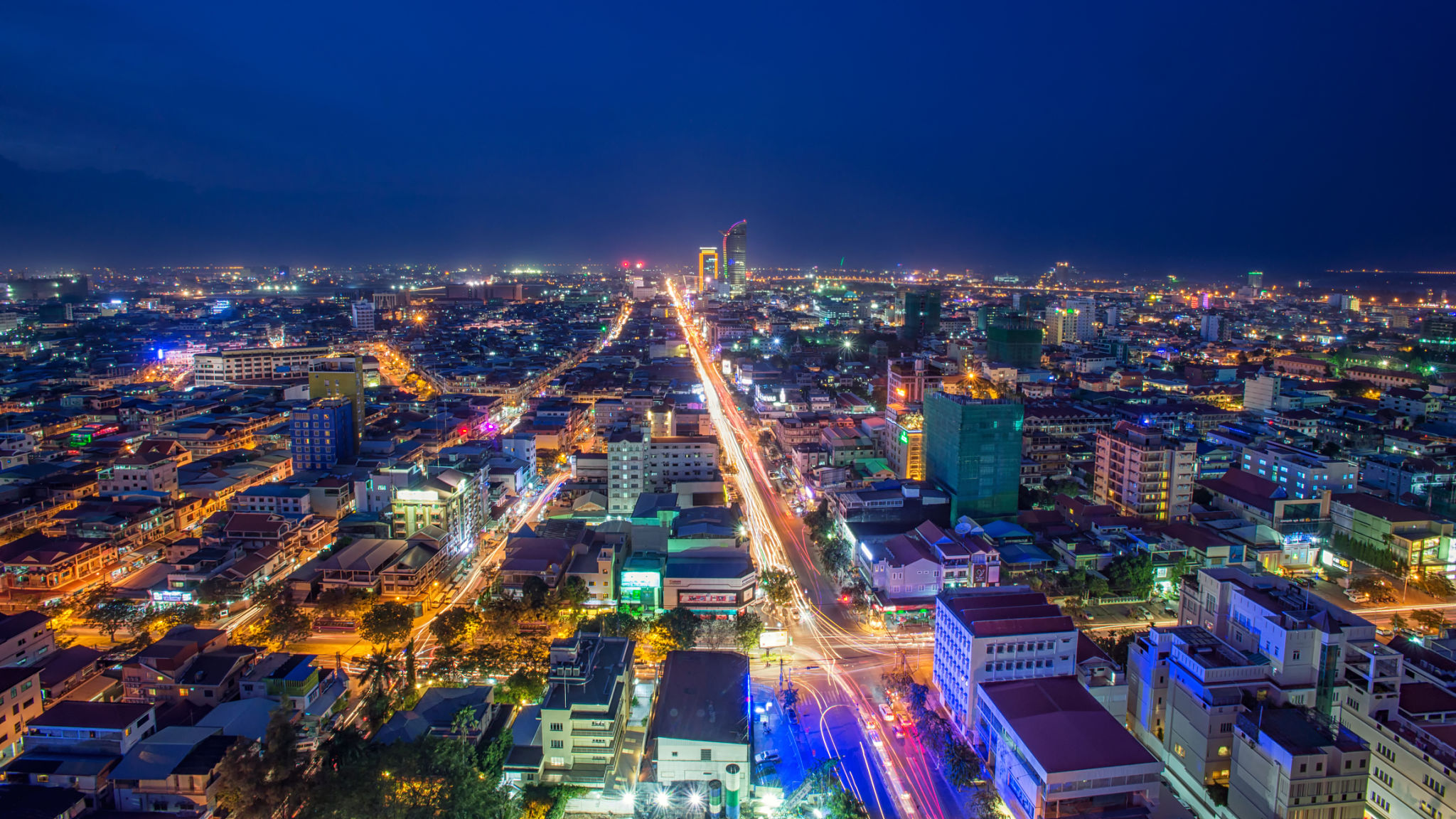Business Registration in Cambodia vs. Other ASEAN Countries: A Comparative Guide
Understanding Business Registration in ASEAN
When considering expansion into Southeast Asia, understanding the business registration process in each ASEAN country is crucial. The Association of Southeast Asian Nations, or ASEAN, includes diverse economies, each with unique regulations and procedures for business registration. This guide provides a comparative overview, focusing specifically on Cambodia in relation to its neighbors.

Business Registration in Cambodia
Cambodia has been steadily improving its business environment over the past few years. The process of registering a business in Cambodia involves several key steps: obtaining a company name, registering with the Ministry of Commerce, and getting a Tax Identification Number from the General Department of Taxation. Cambodia offers a relatively straightforward process compared to some of its ASEAN counterparts, with an emphasis on digitalization to streamline registration.
One of the attractive features for businesses in Cambodia is the availability of special economic zones (SEZs), which offer tax incentives and infrastructure benefits. These SEZs are designed to attract foreign investment and boost industrial development.
Comparing with Singapore
Singapore, often regarded as the business hub of Southeast Asia, offers an efficient and highly streamlined process for business registration. The online system, BizFile+, allows for quick incorporation and provides a comprehensive platform for managing corporate affairs. Singapore’s reputation for ease of doing business makes it a favored choice, although it may come with higher operational costs compared to Cambodia.

Thailand's Registration Process
Thailand presents a slightly more complex registration process, with several government agencies involved. Businesses must register with the Department of Business Development and obtain various permits depending on their industry. Despite these hurdles, Thailand provides significant incentives for foreign investors, especially in sectors like manufacturing and technology.
The Thai government has been making efforts to simplify procedures, including the introduction of online services to facilitate quicker registrations.
Vietnam's Growing Business Environment
Vietnam has emerged as a competitive destination due to its robust economic growth and favorable demographics. The process involves registration with the local Department of Planning and Investment. While Vietnam offers a vibrant market, businesses must navigate a more bureaucratic system than in Cambodia. This includes additional licensing requirements which can vary by region.

Indonesia's Unique Challenges
Indonesia, the largest economy in ASEAN, presents unique challenges due to its complex regulatory environment. Business registration involves multiple steps, such as obtaining a company registry number and various regional approvals. However, reforms have been underway to improve transparency and reduce regulatory burdens.
The government’s efforts to enhance the ease of doing business have started to yield results, making Indonesia an increasingly attractive market for investment.
Choosing the Right ASEAN Country for Your Business
Each ASEAN country offers distinct advantages and challenges for business registration. Cambodia stands out for its simplicity and cost-effectiveness, particularly appealing for small to mid-sized enterprises looking for entry points into Southeast Asia. On the other hand, countries like Singapore and Thailand offer more established infrastructures but at higher costs.
Ultimately, the choice of where to register your business will depend on several factors including your industry, target market, and investment capacity. By understanding the nuances of each country’s registration process, businesses can make informed decisions that align with their strategic goals.
